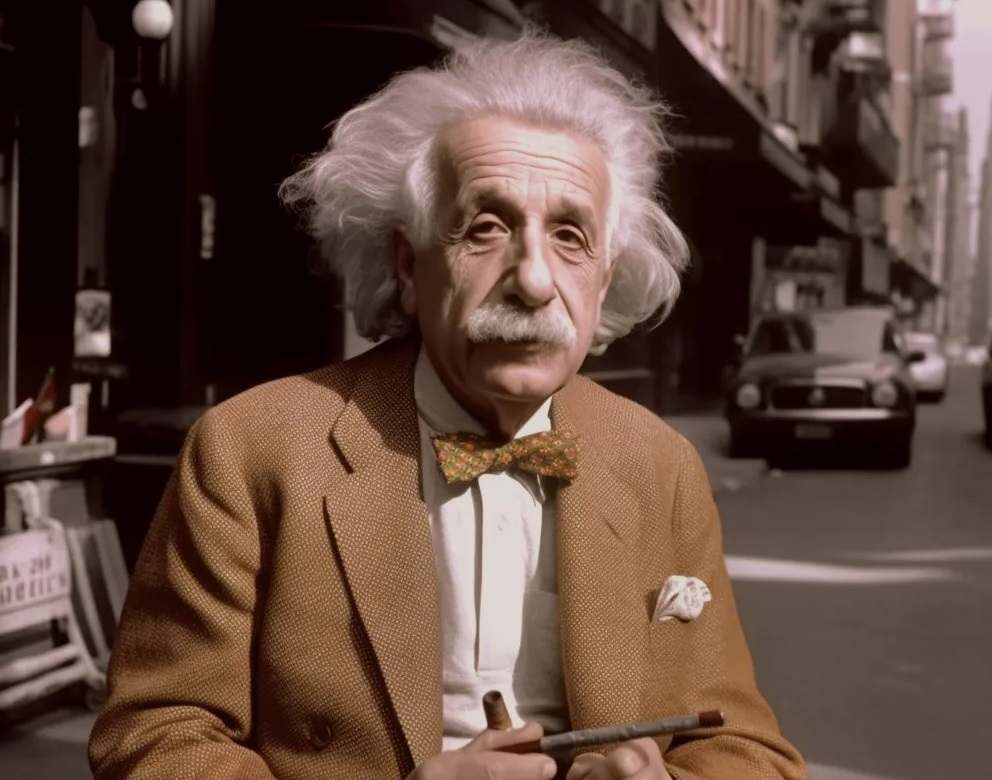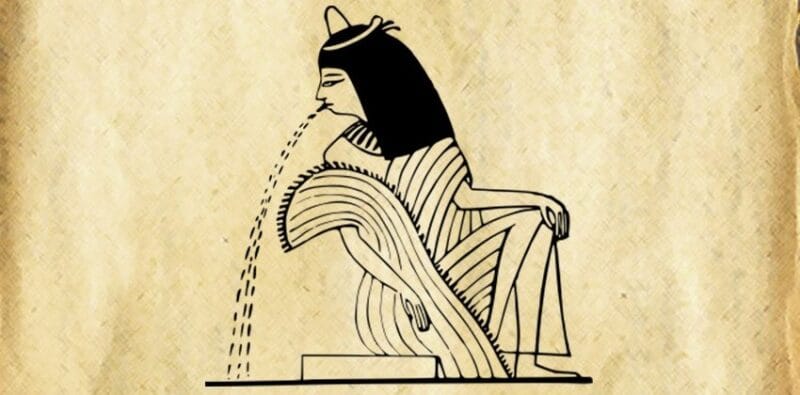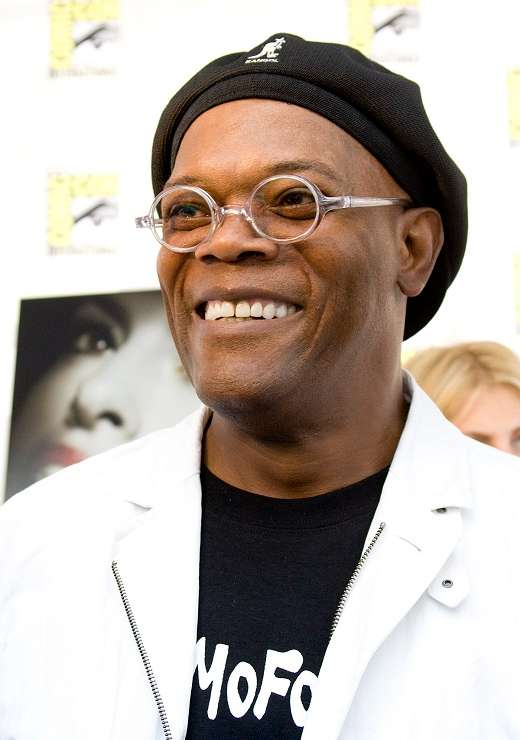Albert Einstein was cautious about supporting any particular political ideology and originally refused to join organisations that supported communist theory. Despite this, it is clear that the famous physicist acquired Marxist views in the latter part of his life, that is, about one-third of his life.
In the early 1930s, Einstein actively supported the Rote Hilfe Deutschlands (RHD), a humanitarian organisation strongly associated with the German Communist Party. He even sat on its board of directors among such notable figures as Thomas Mann.
Einstein’s eventual migration to the United States had no effect on his communist beliefs. He wrote a paper, “Why Socialism?” Writing for the socialist newspaper Monthly Review in 1949, he explained his views on social concerns and promoted socialism as a solution, while also criticising the Soviet Union.
This piece appears to have piqued the interest of American intelligence organizations, revealing that Einstein was being monitored even before his migration to the United States. Following a complaint by the Woman’s Patriotic Corporation, the FBI launched an investigation in 1932, accusing Einstein of having ties to anarcho-communist groups and conspiring against the “American Church“.
Although the Central Investigative Agency, investigated these allegations, Einstein’s sympathy for Marxist ideology causes alone did not qualify him as a spy. Despite public pronouncements and magazine appearances linking him to communism, Einstein also held a critical view on the Soviet Union. He did not acknowledge Stalinist human rights violations and expressed concern about the Jewish community in Russia.
But an Agency document revealed Einstein’s involvement in 34 communist fronts between 1937 and 1954, with him serving as an honorary advisor to three of them. While the Agency’s definition of “communist front” was broad, Einstein’s connections to these organisations were clear. However, it is arguable whether he had more political power than others at the time.
But the subject of whether Einstein was a true communist is a complex and open-ended one, reflecting the complexities of his political affiliations and views. Therefore, their sympathy for communism may have been due to human rights or something else; there is a need to do more research about this.

About the Author
Manish love to write and he is a Civil Servant. Users can follow Manish on Instagram ![]()
How Elon Musk became successful, Tips You Can Borrow
Many people find inspiration in Elon Musk. His achievement is the result of his ambition,…
How ancient women test pregnancy
Medical science has a number of precise methods to test pregnancy as soon as possible….
Those who do not know about Zeenat Aman
Zeenat Aman was a bold and beautiful actress of the 1970s in Bollywood. Zeenat presented…
What’s life like in Tahiti Island?
Tahiti is small but so beautiful. Both geographically and culturally, Tahiti is so far away…
Amazing story of Samuel Jackson no less than a movie
The first African-American actor that comes to mind in our minds is Samuel Leroy Jackson….
What is Marilyn Monroe Syndrome ?
Psychoanalysts have a term called “Marilyn Monroe Syndrome,” which is not a disease but rather…






